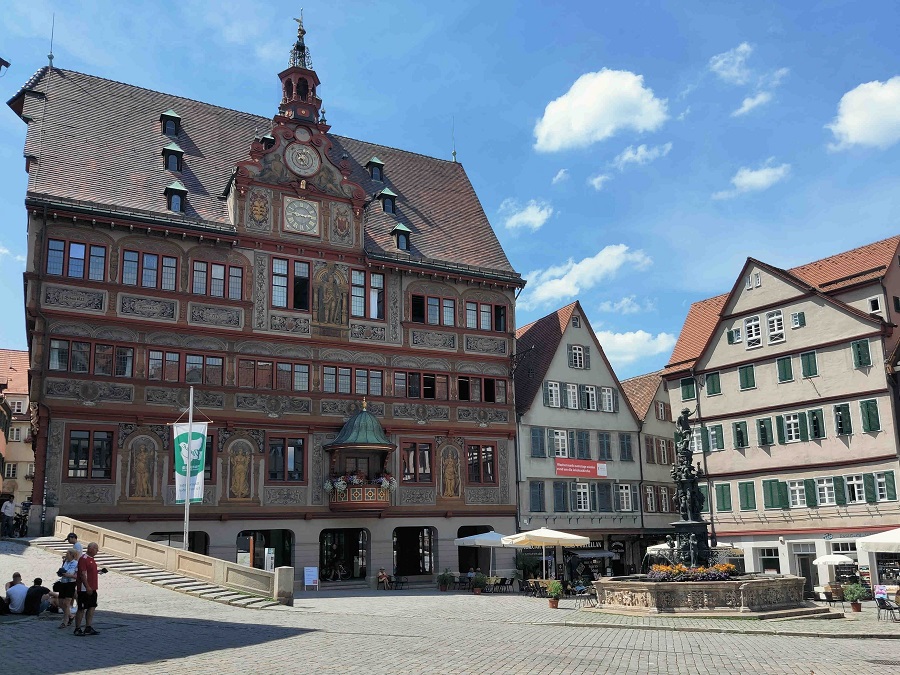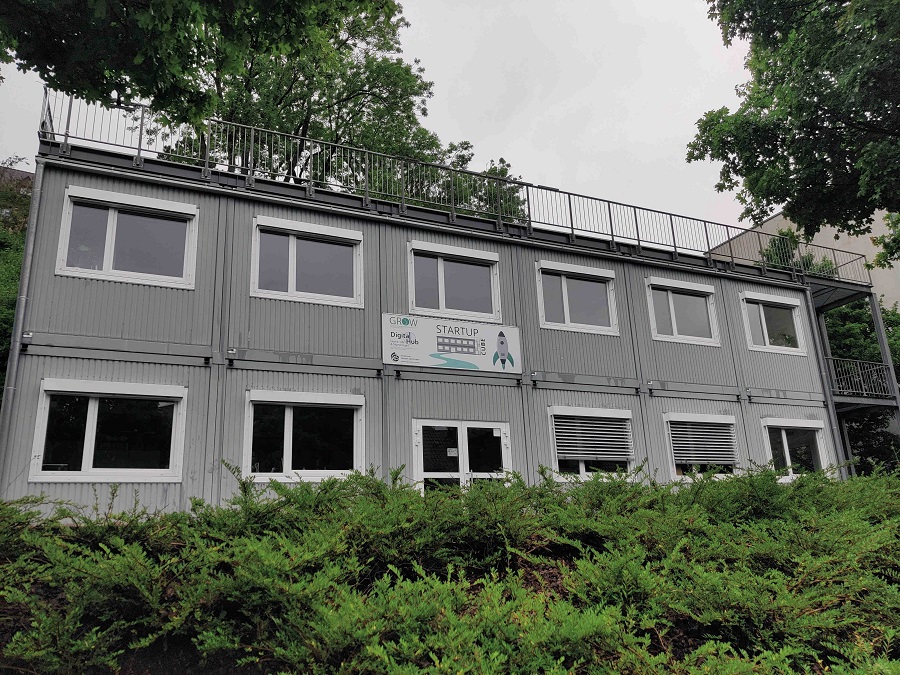In the cyber-kill chain, humans can be a weapon, target, and tool to disturb services, steal data, destroy personal and company reputations, and trigger a political crisis. Following the spring session, staff and students from the Institute of Computer Science at the Faculty of Mathematics and Informatics (MIF), together with other researchers from higher education institutions in the Baltic States and Germany, took part in a three-day cybersecurity workshop as part of the project "Increasing Security-Awareness: The Invisible Power of Digital Traces".
Authors: Rimantė Andrijauskaitė, Austėja Bauraitė, Agnė Brilingaitė (Cybersecurity Laboratory, Institute of Computer Science)

Albstadt-Sigmaringen University of Applied Sciences organised workshops in Albstadt, Sigmaringen and Tübingen, Germany, after the end of the spring session. Prof. Dr Stefan Sütterlin coordinated the event.
"The purpose of the workshop is to establish closer relations with partners in Germany for further joint study and research activities related to multidirectional cyber security, combining IT, psychology and public education," says project manager Dr Agnė Brilingaitė.
The project researchers aim to study human behaviour in cyberspace and the digital footprints left behind and to highlight new research directions to address cybersecurity challenges.

VU researchers presented the types of cybersecurity exercises
The third day of the visit began with a conference attended by students, guests and other community members of Albstadt-Sigmaringen University of Applied Sciences. Assoc. Prof. Dr Ricardo G. Lugo from Norway moderated this event. The students presented their research on security culture, insider threats, the roles and responsibilities of cybersecurity professionals, cognitive warfare, communication challenges, phishing attacks, and other relevant issues.
Guests presented ongoing research and projects related to cybersecurity and information technology. Prof. Dr Aušrius Juozapavičius from the General Jonas Žemaitis Lithuanian Military Academy gave insights into leaked data research on the strength of users' passwords, and Assoc. Prof. Dr Ginta Majore, the Senior Researcher, presented the research conducted by the Vidzeme University of Applied Sciences on the challenges of the Internet of Things in the agricultural sector. Dr Agnė Brilingaitė and Dr Linas Bukauskas, VU researchers, presented the types of cyber security exercises, their objectives, their gamification elements, principles of training scenario development, and pathways for competence development of cyber security professionals, linking the research carried out at Vilnius University and the participation in the international cybersecurity exercises.
Digitalisation is leading to changes in all industry sectors
Participants stressed the importance of paying attention to studying user behaviour in cyberspace. Despite active campaigns to educate the public, users are using weak passwords, i.e. clichéd or short words, which have been included in dictionaries of the most common passwords for several years. Global digitalisation is leading to changes in all industry sectors, where cybersecurity is becoming increasingly important to ensure the quality of service. After all, a vulnerable user or a vulnerable system can cause a data leak, a cybercrime, a damaged reputation or a political crisis.
Students of Vilnius University Information Technology Study Programme, Rimantė Andrijauskaitė and Austėja Bauraitė, actively participated in the discussions of the event and interacted with the students of the host organisation and exchanged contacts for the purpose of future cooperation. "It's nice to meet like-minded people with whom discussions feel so interesting and natural, no matter where they are from," said VU student Austėja Bauraitė. The visit included activities that enabled the development of professional competencies, as well as discussions during coffee breaks and a cultural programme that provided a chance to improve scientific and intercultural communication competencies. The VU students' visit to Germany was funded by the VU Study Internationalisation Initiatives and VU MIF.
This project of the Baltic-German University Liaison Office is supported by the German Academic Exchange Service (DAAD) with funds from the Foreign Office of the Federal Republic of Germany.
More information can be found here.
Ten years ago, the European Union declared October a Cyber Security Month. The aim of the campaign is to raise awareness of the threats in cyberspace and to educate the public in order to improve cybersecurity competences, starting with cyber hygiene.
2022-10-17
